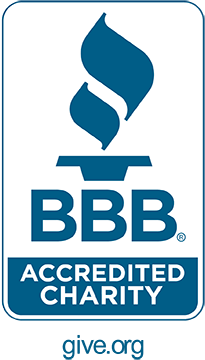Evidence on whether market systems development (MSD) programmes for extremely poor smallholder farmers in low-income countries are associated with resilient outcomes when shocks/stressors appear is limited. We discuss the role of the inclusive MSD (iMSD) approach to generate resilience among vulnerable populations and report empirical evidence from World Vision’s project areas (with iMSD activities) and comparison communities in Tanzania and Rwanda. The panel data collected between 2017 and 2021 provide evidence on differences in household-level resilience in the face of COVID-19 shock. Descriptive estimates from the 2021 survey show project households had statistically greater food security, market participation, and perception of being fully/partially recovered than comparison households in both Tanzania and Rwanda. Integration in market systems helped buffer participants. Though food insecurity declined between survey rounds in Tanzania, it worsened in Rwanda, but more so among comparison households. Respondents in Rwanda experienced stricter COVID-19 ‘lockdowns’ and more limited iMSD activities than Tanzanians.





